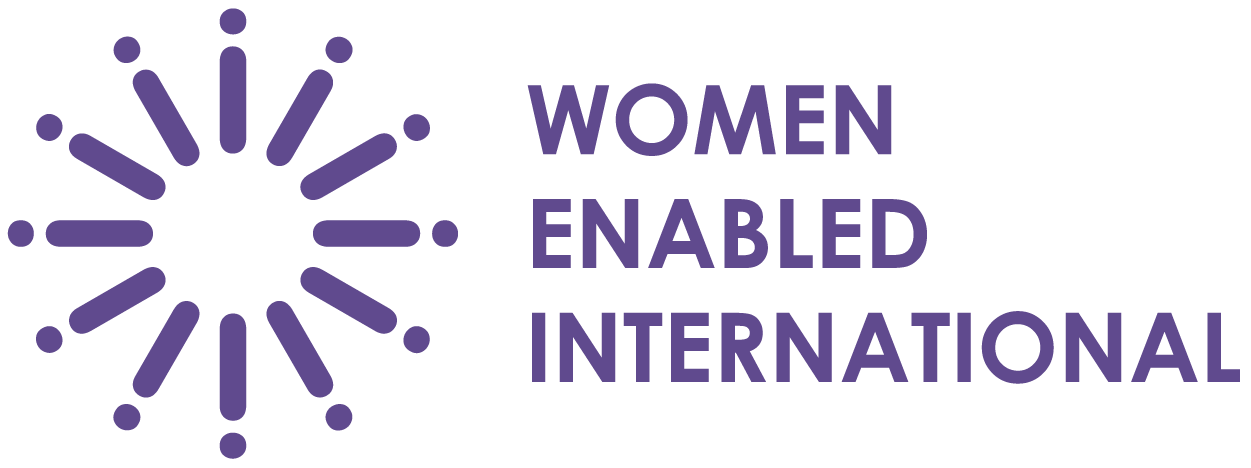This week marks the 40th anniversary of the U.N. Convention on the Elimination of All Forms of Discrimination against Women (CEDAW). This human rights treaty, to which almost every country has signed on, has helped transform the world by providing a legal framework to ensure the respect, protection, and fulfillment of the rights of all women and girls, including women and girls with disabilities.
But for much of that 40 years, women and girls with disabilities have been left off of the women’s rights agenda in almost every country. The CEDAW Committee—the expert group that monitors CEDAW around the world—has long recognized the unique discrimination women with disabilities experience and has called on States to include women with disabilities in their gender equality efforts and to collect data on this group (to “measure what we treasure”).
We at WEI have seen, however, that women with disabilities are almost always invisible in the laws, policies, programs, and data collection efforts that those States put in place to ensure the rights of both women and persons with disabilities.
Earlier this year, I attended the CEDAW Committee’s periodic view of the United Kingdom and saw firsthand how States invisibilize disabled women. We worked with Sisters of Frida, a U.K.-based collective of disabled women, to report on continuing abuses against disabled women in the U.K., including gender-based violence, lack of access to employment and social benefits, and violations of sexual and reproductive rights. Sisters of Frida and I traveled to Geneva, Switzerland, to witness the CEDAW review, and when the CEDAW Committee repeatedly asked the U.K. government about the situation of disabled women, it was clear the U.K. representatives had no clue. They instead cited statistics on women and disabled persons more broadly and had little to no information on the specific situation of disabled women.
This was demoralizing, as the U.K. government clearly did not “treasure” disabled women. But it was also affirming, because our concerns were being recognized and promoted by the world’s leading experts on women’s rights, who are holding countries like the U.K. to account. I’m not sure women with disabilities would have been so robustly included in the women’s rights agenda 40 years ago.
There is hope that the next 40 years of CEDAW will bring about profound and positive changes in the lives of women with disabilities, as the world is increasingly recognizing the need to ensure the rights of women in all of our diversity.
Indeed, in 2018, the first disabled woman—Ana Pelaez Narvaez of Spain—was elected to serve as an expert on the CEDAW Committee and is already having an impact on the Committee’s work holding States accountable for ensuring the rights of all women and girls, including women and girls with disabilities. Her presence on the Committee is showing States that they cannot ignore women with disabilities, and it is also starting to show women with disabilities that their voices and contributions are valued in women’s rights spaces. ♦
About the author Amanda McRae is the Director of U.N. Advocacy at Women Enabled International, where she represents WEI at the U.N. in New York and Geneva and develops strategies to advance the rights of women with disabilities through U.N. human rights mechanisms and other institutions. She previously served as a researcher at Human Rights Watch focusing on Europe and Central Asia and disability rights worldwide, and a global advocacy adviser at the Center for Reproductive Rights.
